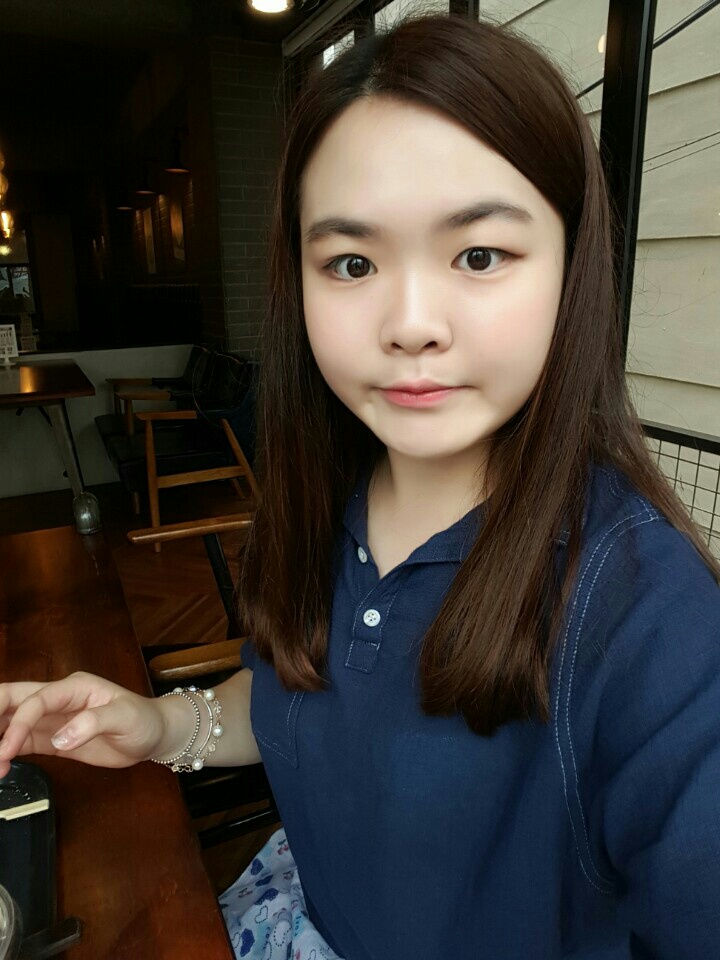
The Cross-Cultural Awareness Program is a cultural exchange program in which people can learn about foreign cultures without traveling abroad. This program was started in September 1997 by the Korean National Commission for UNESCO supported by the Ministry of Education to share the cultures of different countries. Keimyung University started the program in November 2005. I will introduce the CCAP program through an interview with Kim Yeong-eon, a volunteer in CCAP.
1. Please introduce yourself and CCAP
My name is Kim Yeong-eon. CCAP is a cultural exchange program. It means Cross-Cultural Awareness Program. It is a program that promotes intercultural understanding among Korean students. It gives participants a chance to share their cultures. Two students at Keimyung University, a CEV (Cultural Exchange Volunteer) and a KIV (Korean Interpretation Volunteer), go to a high, middle, or elementary school. The role of the CEV is to present his or her culture such as traditional costume, food, dance, and hair style. The role of the KIV is to translate the CEV’s presentation. The students learn about various cultures.
2. What is your reason for participating in CCAP?
I am interested in global programs, so I always apply for them. I knew this program because I listened to a CCAP class in my high school. At that time, I thought it was great to translate a foreign language and I dreamed about it. Therefore, I applied for this program. The biggest reason I participate in CCAP is to share other cultures with foreigners and Korean students. It is helpful to expand global culture. Also, I want to be an English teacher. This is a good chance to explain culture in front of middle or high school students as a KIV.
3. What are the good and hard things about CCAP?
The good thing is that you can meet people from various countries. Thanks to this program, I feel self-confidence about English as I translate in front of students. It is rewarding. Also, CCAP does not take up much of my time.
One of the hard things is that I communicate with students from unfamiliar countries. I do not have any knowledge of their cultures, so I need to search for information. It is hard but interesting. I have to learn about various countries and cultures. Sometimes, I have to go to a distant school. It takes a lot of time and makes me tired. Also, in high school, because of studying for the college entrance exam, some students feel tired and drowsy. I understand these students because I also suffered in that period.
4. Tell me how KIVs prepare a class with their CEV?
The International Administration Team sends a notification email to the KIV and CEV about where and when they can go to a school. Then, the CEV prepares a presentation about his or her culture. After the CEV completes the preparation, the KIV checks the presentation and prepares a translation. I also prepare a quiz. If students answer correctly, I give them a present. That makes the students more focused on our class.
5. What do you think about the global programs in Keimyung University?
I am sure they are great! Keimyung University is famous for global programs. Our school has a lot of international students and well-organized programs like KELI House, Buddy, CCAP, and a global volunteering program. I recommend them strongly. We have many chances to meet international friends easily.
6. What is your advice for students who will start this program?
It is good to meet and talk with your CEV as much as possible. The CEVs come from many countries. You can learn about diverse cultures and know many things. This is a good chance to make many foreign friends. I recommend that students stay friends with your CEV after CCAP. Also, if possible, go to a close school.
7. What is your advice for students who hesitate to apply for this program?
If you want to promote cultural diversity, it is good for you. It is enjoyable to share culture with foreigners and Korean students. Try it, right now!








